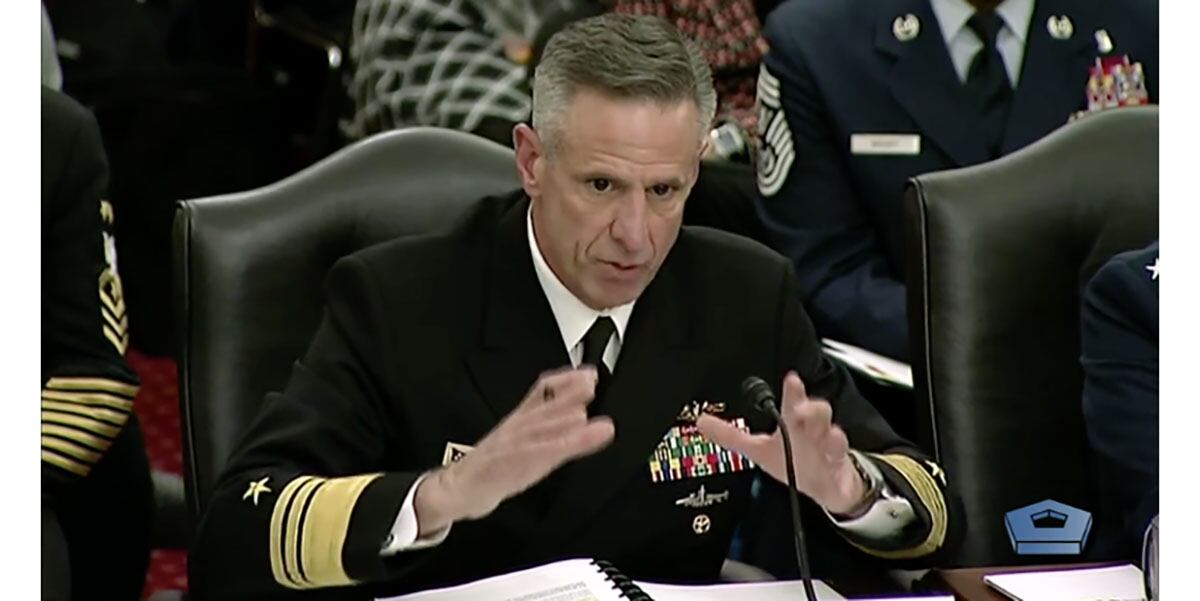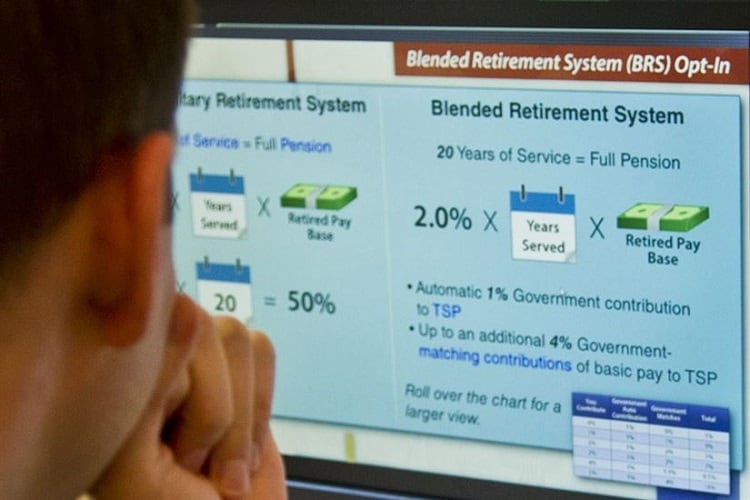The Navy is shaking up Specialty Career Paths for unrestricted line officers, eliminating two skills from the program as well as discontinuing selection boards and command opportunities.
The changes were announced in NavAdmin 049/19, which was released on April 24 by Vice Adm. Bob Burke, the Navy’s chief of personnel.
Burke’s move followed a complete review of a program designed to develop a cadre of officers with critical skills in eight key Navy mission areas. The Navy is looking to revamp the program in light of recent reforms to the Defense Officer Personnel Management Act that were approved in the Fiscal Year 2019 defense spending bill.
Those changes have hiked the Navy’s ability to retain mid-career officers who don’t screen for either promotion or command, but whose skills and knowledge are still needed by the service.
“Officers with skills that fall within the SCP program remain valued and important to Navy efforts and we will seek to retain their expertise in which we have heavily invested, to preserve our competitive advantage in the maritime security environment,” Burke wrote in the message.
The Navy already uses what Burke calls the “Up and Stay” program — the ability for officers to swerve off traditional career tracks that lead to command and instead try parallel but productive paths in their fields.
To Burke, there’s still “a requirement for people of diverse backgrounds and experiences” to exert “mental agility to operate across the spectrum of change” that looms as the Navy enters a new “era of Great Power Competition.”
RELATED

The eight specialty career paths are now Anti-Submarine Warfare, Education and Training Management, Financial Management, Missile Defense, Mine Warfare, Naval Operational Planner), Operations Analysis and Strategic Sealift.
These specialties have been around since 2005 and were revamped most recently in 2010.
The paths remain open to aviators, flight officers and submariners but details of eligibility vary by community.
The program wasn’t designed for officers to spend the rest of their careers in billets coded for these special skills. Instead, they’re supposed to use these secondary talents during tours wedged between assignments in their parent communities.
Burke’s shakeup will nix the Anti-Terrorism Force Protection and Shore Installation Management tours but officers already serving in those specialties can “remain until they retire or separate,” according to the directive.
Others will remain in the special billets only “until their projected rotation date.”
Burke’s message indicates that the Navy from now on won’t use administrative selection boards to pick who gets designated for the remaining specialty assignments.
Instead, each specialty’s “Executive Lead Agent” — the senior officer overseeing each community — will choose them.
Those who veer into these specialty paths will be marked “non-due course” officers, meaning they won’t be allowed to screen for career milestones in their original communities.
They also will be barred from serving in commanding or executive officer billets.
“Though there will be no new SCP officers screened for SCP CO or XO milestone, officers who have already screened may still fill a CO or XO equivalent billet until the current bank of SCP milestone screened officers is exhausted,” Burke wrote in his directive.
RELATED

Burke predicts the program eventually will merge into the larger “Up and Stay” initiative, “which permits the retention of certain control grade officers with targeted skills beyond traditional statutory limits.”
Triggered by last year’s personnel reforms, the Navy’s “Up and Stay” efforts already allow pilots to remain in uniform as flight instructors rather than compete for higher command.
Alternative career tracks are being expanded for other officers, too.
“While we initially focused on skills found in the aviation, acquisition, engineering duty officer and attach disciplines, there is room for expansion in the future,” Burke wrote.
“In addition, with a growing Navy you can expect continued promotion opportunity and interested officers should still apply for this program.”
Mark D. Faram is a former reporter for Navy Times. He was a senior writer covering personnel, cultural and historical issues. A nine-year active duty Navy veteran, Faram served from 1978 to 1987 as a Navy Diver and photographer.





